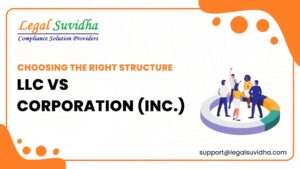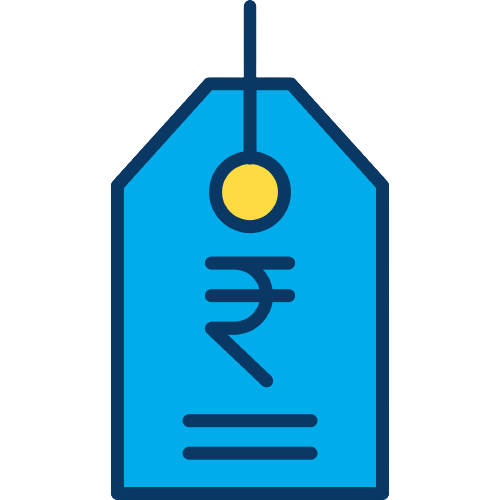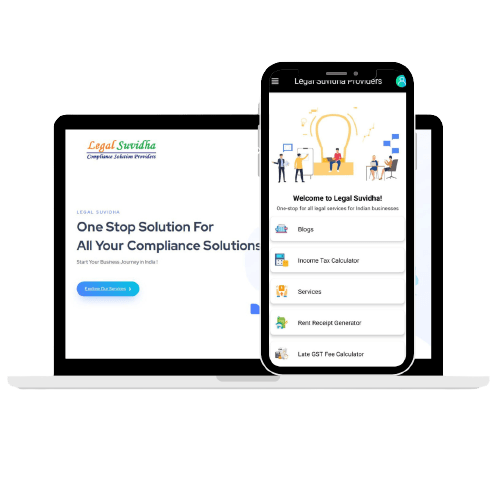ESOP Valuation Case Studies
1. Discounted Cash Flow (DCF) Method: Case Study
Company: Infosys Limited
Industry: IT & Software Services
Scenario: Infosys issued ESOPs to employees during its early growth phase in the 1990s and used valuation techniques involving projections of future cash flows to determine the company’s value.
Approach & Solution:
- Forecast Cash Flows: Infosys projected a steady revenue growth rate based on its robust global IT services business model. The company accounted for its recurring cash flows from long-term contracts.
- Discount Rate: Used a Weighted Average Cost of Capital (WACC) adjusted for industry risk (estimated between 8-10%).
- Terminal Value: Incorporated a terminal growth rate reflective of India’s IT industry (3-5%).
Valuation Result: ₹8,000 crore (₹80 billion).
Learning: DCF ensures accurate valuation based on intrinsic value and future potential. This method is suitable for companies with predictable cash flows, especially in the IT services industry.
2. Net Asset Value (NAV) Method: Case Study
Company: Coal India Limited (CIL)
Industry: Mining
Scenario: Coal India, a public sector undertaking, has significant tangible assets like mining land, heavy machinery, and infrastructure. When evaluating the company for ESOP purposes, it relied on the NAV method due to its asset-heavy structure.
Approach & Solution:
- Assets: Large-scale mining assets, including land reserves valued based on extraction potential.
- Liabilities: Included pension obligations and operating debts.
- Net Asset Value Calculation: ₹6,800 crore (₹68 billion).
Learning: The NAV method is ideal for companies with significant tangible assets where cash flow valuation is less relevant (e.g., manufacturing, mining, real estate).
3. Market Approach – Case Study
Company: Zomato Ltd.
Industry: Food Delivery & Technology
Scenario: Zomato used the market approach to value its ESOP pool based on comparable companies in the food-tech and e-commerce industry.
Approach & Solution:
- Comparable Companies: Swiggy, Doordash, and Uber Eats.
- Multiples: Industry average EV/Revenue multiples (10x-12x).
Valuation: ₹1,60,000 crore (₹1.6 trillion).
Learning: The market approach works well for high-growth industries like tech and food delivery.
4. Option Pricing Models (OPMs) – Case Study
Company: Blockchain Startup
Industry: Blockchain Technology
Scenario: Using the Black-Scholes model for stock option valuation.
Approach & Solution:
- Inputs: Stock price: ₹4,000, Exercise price: ₹4,800, Volatility: 40%, Risk-free rate: 2.5%, Time to expiration: 5 years.
- Option Value: ₹600 per option.
Learning: OPMs are ideal for volatile industries like blockchain and tech.
Additional Resources for ESOP Valuation Studies in India:
- Books: Valuation: Measuring and Managing the Value of Companies by McKinsey & Company.
- Case Laws: Infosys and Zomato ESOP cases.
- Websites: SEBI and MCA guidelines on ESOP valuations.
📞 Contact Us Today
+91 95999 37963 | +91 81306 45164 | +91 96500 02140 | +91 96677 44527
Email: [email protected]
Website: https://legalsuvidha.com/
Don’t miss out—let’s shape your success together! 💼💡




















